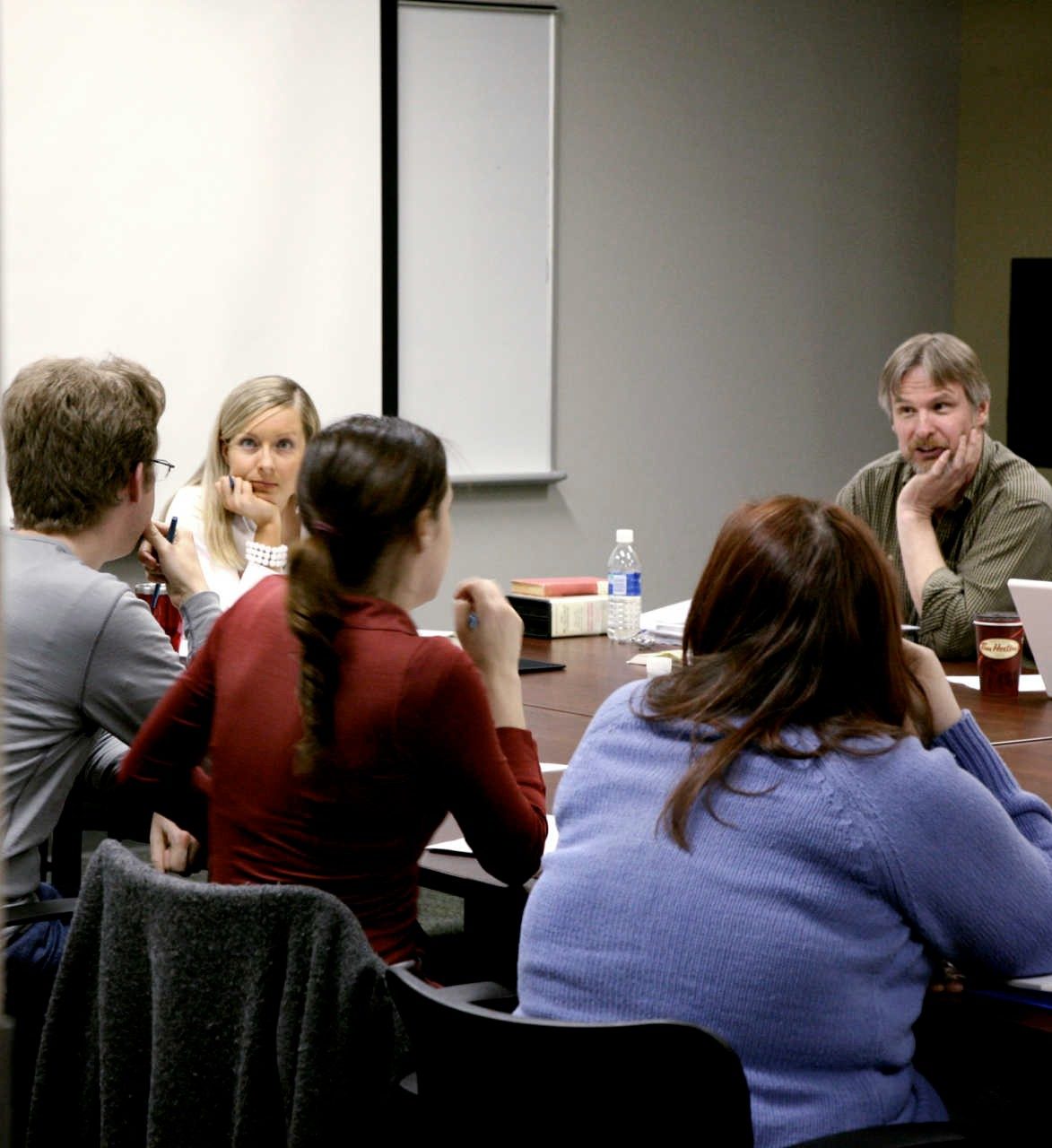
Careers with a modern languages degree
Studying Modern Languages means exploring how language, culture, literature and history shape communication and identity around the world.
What can I do with my degree? Modern Languages lead to careers in translation, international relations, education, diplomacy, tourism and global business.
Skills you'll develop
Your degree builds more than academic knowledge, it shapes the way you think, communicate and collaborate. Throughout your studies, you'll develop key skills for your career, such as:
Functional knowledge:
Interpret texts, films and historical events within their cultural context
Communication:
Express ideas clearly and persuasively using multiple languages in academic and real-world contexts
Management and organization:
Balance multiple language courses, assignments and projects effectively
Teamwork:
Collaborate with peers from diverse backgrounds, learning to navigate cultural differences and communication styles
Critical thinking and problem solving:
Analyze similarities and differences between languages, cultures and worldviews
As a Concordia student, you will develop valuable skills to bring to any career opportunity.
Beyond the classroom: build your career path
Getting involved outside of the classroom can help you discover your interests, develop new skills and build a network of peers and professionals in your field.
First year
- Take electives to explore areas of interest or a possible minor.
- Get support organizing your busy schedule at the Time Management Clinic.
- Join a club or participate in an extracurricular activity that matches your interests.
- Improve your language fluency in French or English through conversation practice.
- Browse the CAPS online job bank for opportunities to gain work experience.
Middle years
- Connect with Career Counselling & Education Transitions to plan your career path.
- Enrich your global perspective by studying abroad for an academic term or apply for a summer field school program.
- Apply for the Concordia in China program.
- Volunteer with an organization for a cause you care about.
- Get paid work experience and tackle real-world challenges with District 3’s 12-week summer residency program.
Final year
- Join the community-based internship program to drive meaningful change while building professional skills.
- Prepare for professional presentations with FutureBound’s storytelling and public speaking series.
- Network with potential employers at recruitment events and career fairs.
Specialize your studies
Minors & elective groups
You can customize your degree by adding a minor or elective group. Popular choices with this program include:
Graduate studies and certifications
Graduate studies can help you specialize in a subject you love, engage in meaningful research or open doors to new career paths. Certifications are a great way to build new skills that complement your degree.
Talk to your professors or a career counsellor at the Student Success Centre to find programs that fit your goals.
Start exploring:
- Universitystudy.ca: A data base of graduate programs in Canada
- Concordia’s School of Graduate Studies: Graduate programs offered at Concordia
- Graduate funding and awards: Scholarships and awards, research and teaching assistantships, and other financial supports for Concordia graduate students
- Concordia Continuing Education: Courses, workshops and programs to advance your career
Career exploration resources
Professional organizations
Explore opportunities and expand your network.
Job banks
Career counselling & advising
Want tailored career advice? Book an appointment with one of our career counsellors or career advisors.
Start your job search
Career Advising and Professional Success (CAPS) can help you find opportunities and support you with networking, applications and interviews.

